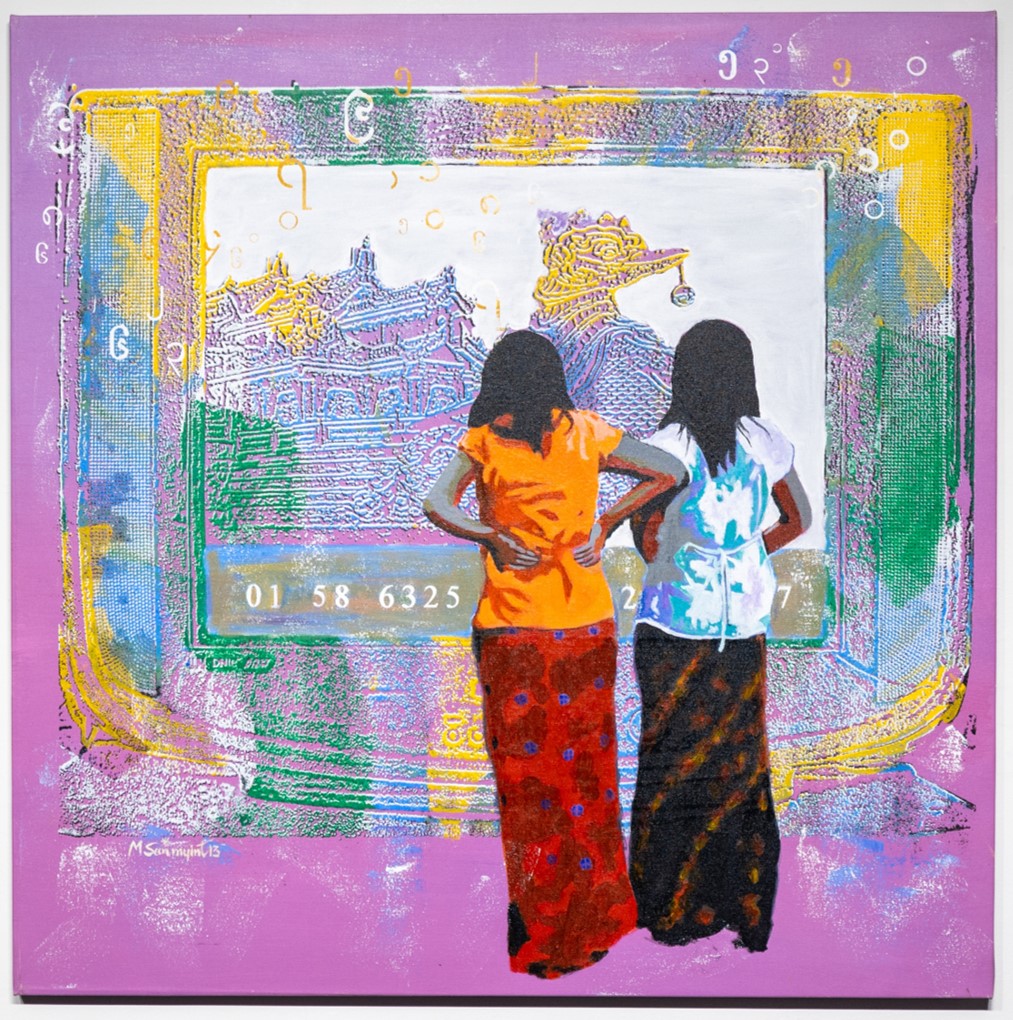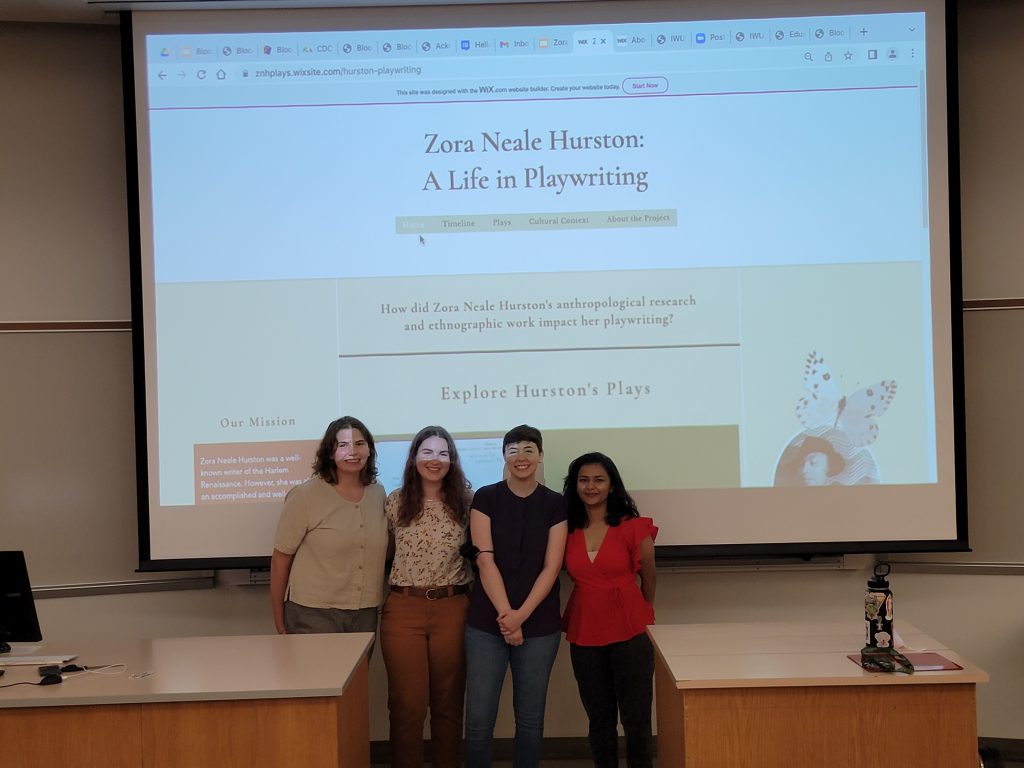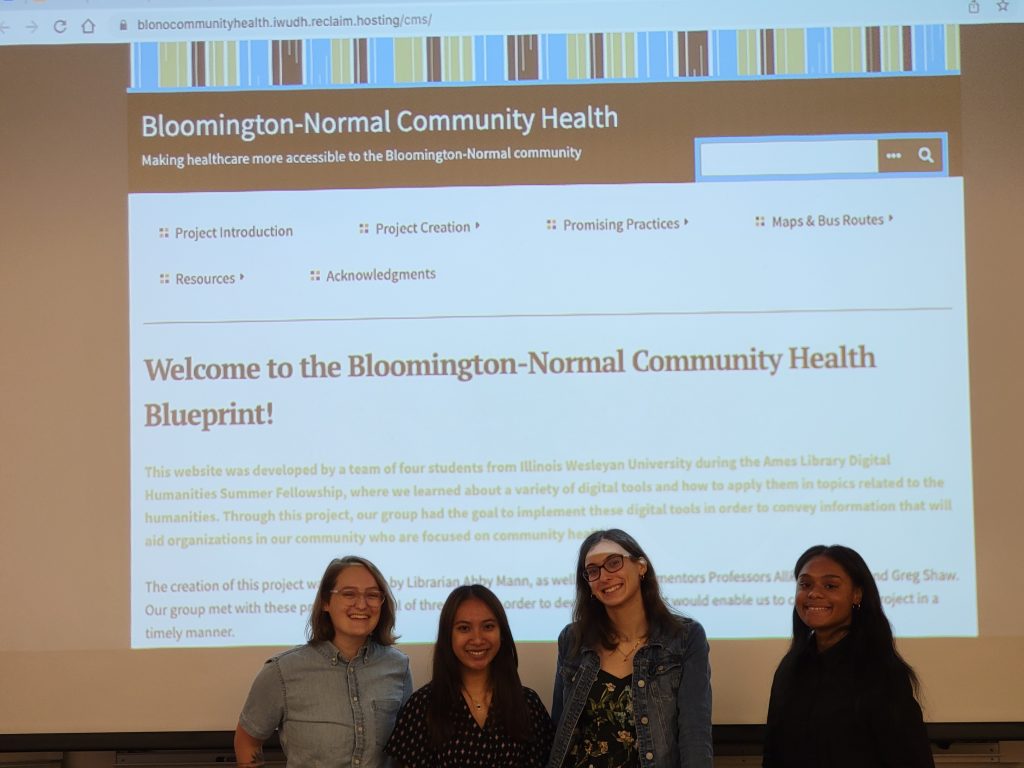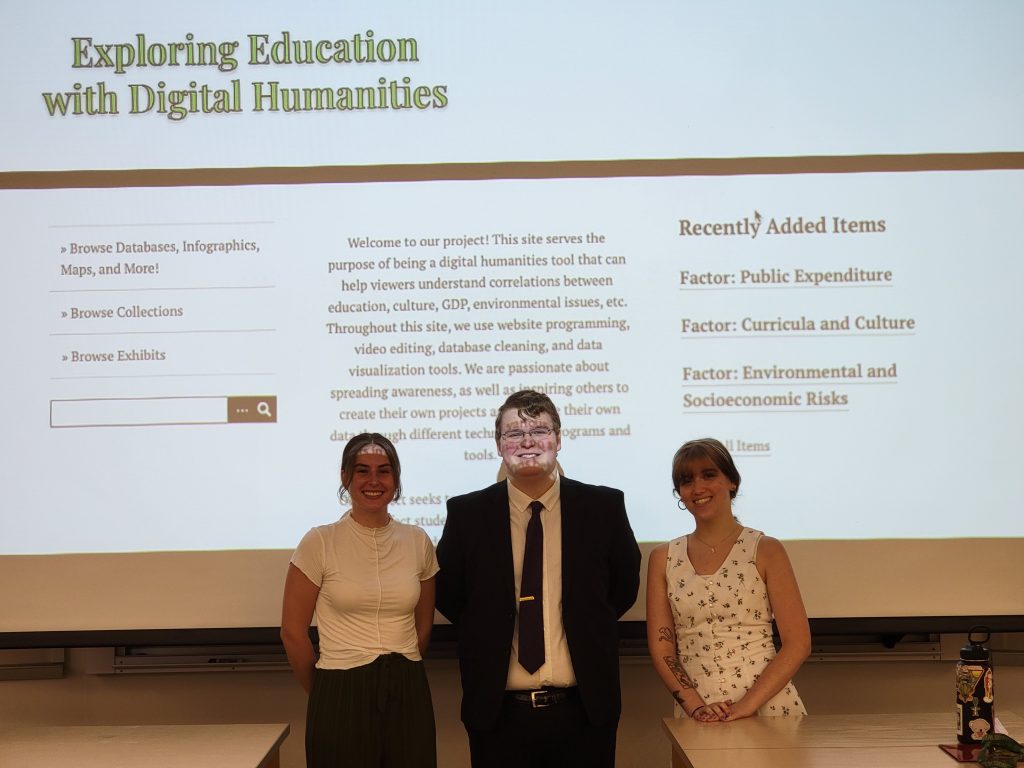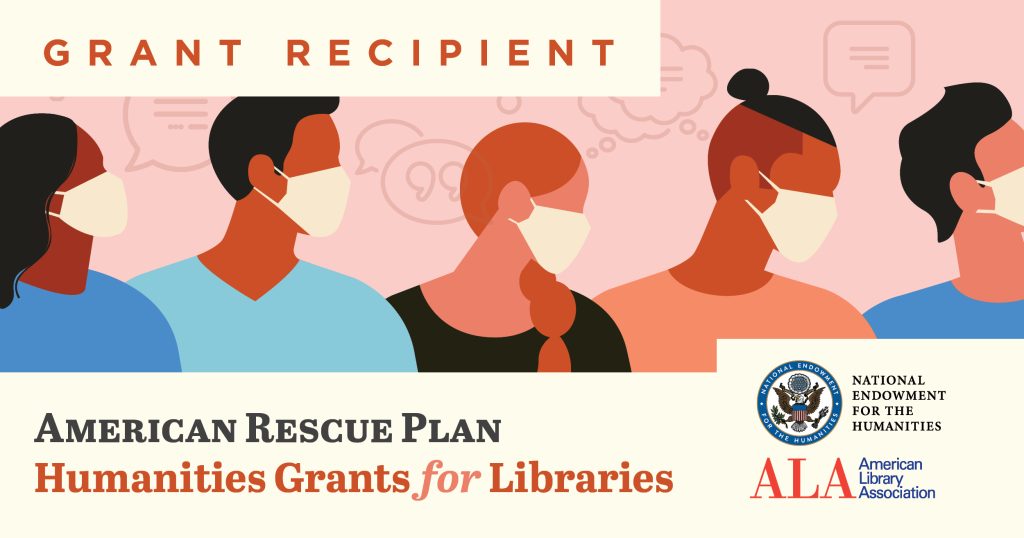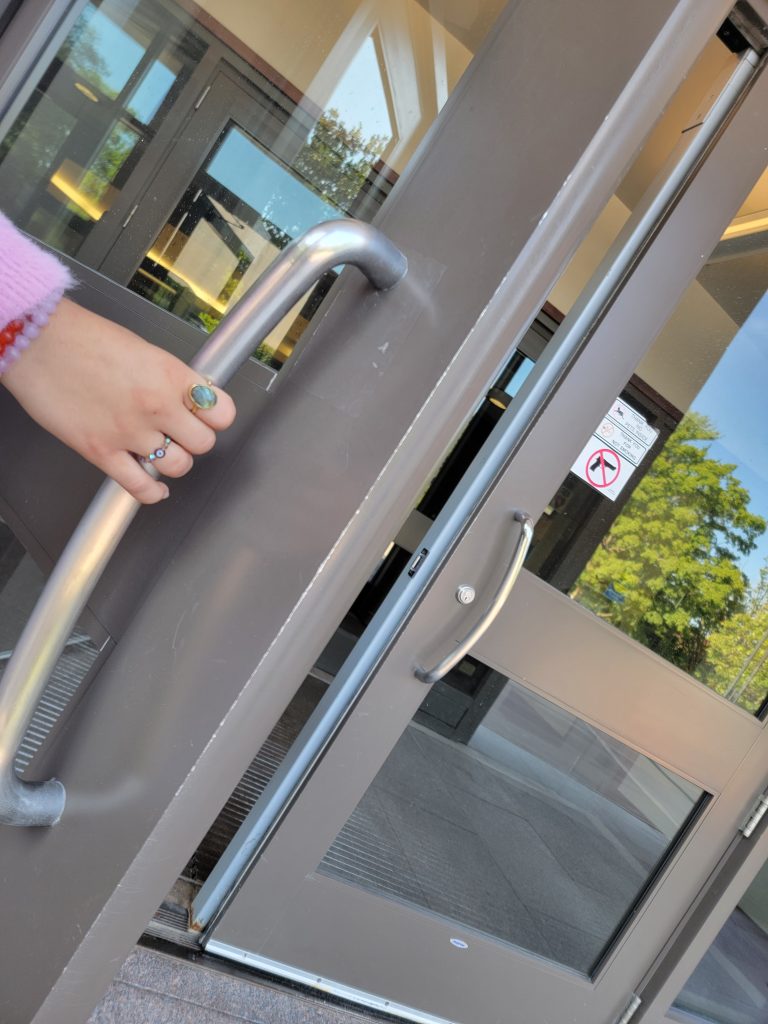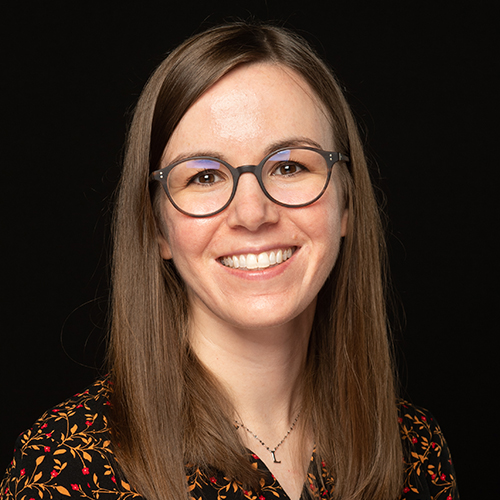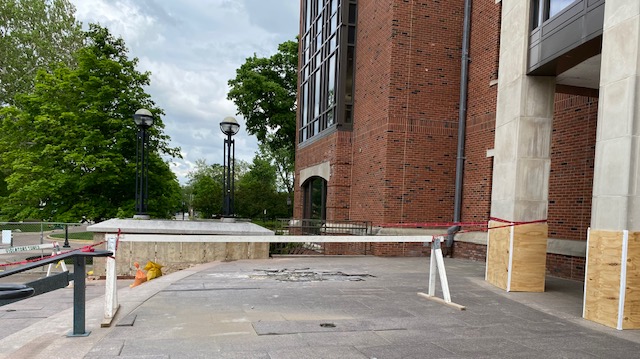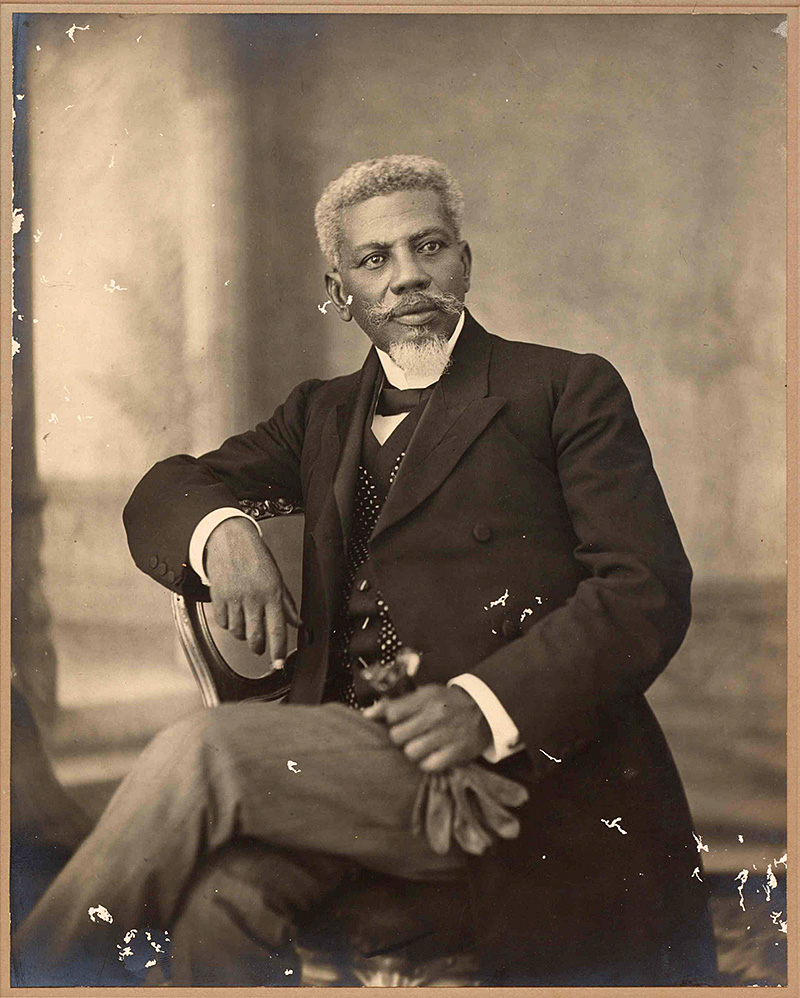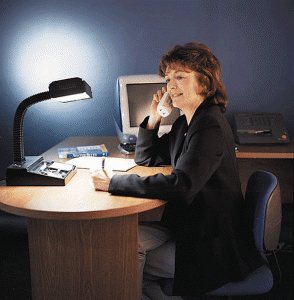
The IWU Annual Theme, “Power of Place,” invites the IWU community to reflect on how our thoughts, values, perceptions, and actions are influenced by how we conceptualize place and our place in the world.
If you’ve been in Ames Library recently, you may have noticed a number of new art pieces on the walls of our entry level. Displayed here and in the Wakeley Gallery in the Ames School of Art is “Resistance and Resilience: 21st Century Burmese artists envision Myanmar’s future.”
This powerful, 36 piece exhibit features paintings from Thukhuma. Thukhuma is a collection exploring art, culture, education, and politics in Myanmar, with a focus on transition in the 2010s. Thukhuma means art or culture in Pali, the liturgical language of Myanmar’s dominant Theravada Buddhist tradition. It also connotes uniqueness.
Paintings from Thukuma will be on display until 13 October 2022. Additionally, Dr. Catherine Raymond, Director, Center for Burma Studies and Professor of Art History, at Northern Illinois University will speak in The Ames Library’s Beckman Auditorium on September 13th at 4pm. Following her talk, “Art and Politics in Contemporary Myanmar,” at approximately 4:20 she will lead a gallery walk through the works exhibited on the Entry Level and then in the School of Art’s Wakeley Gallery. There will be a reception in the School of Art’s foyer afterwards. There will also be a Reception at the School of Art for Homecoming, September 24, 2-4PM.
Consider the place in time that these works were created: artists such as Aung Htet Lwin and Shine Lu painted what they saw and how they felt as their country, Myanmar – previously known as Burma – began transitioning from military rule to a military-backed civilian government in the 2010s – the military retook control in 2021. The paintings in this collection, all produced between 2012 and 2015, touch on the diverse dimensions of contemporary society, reflecting rural and urban life, religious beliefs and practices, disparate ethnic groups and identities, and openly political stands. The artists draw inspiration both from traditional motifs and modern artistic styles, demonstrating the power of place and how it evolves over time.
With a history stretching back some 8,500 years, the nation began to emerge in the 9th century when the Kingdom of Pagan unified the regions which would become modern day Myanmar. Borders expanded and contracted over the centuries; the third Anglo-Burmese War saw the total annexation of Burma to British rule, where it was made a province of India in 1886. Burma achieved independence on 4 January 1948 at 4:20am (chosen for its auspiciousness), opting not to join the British Commonwealth. The name was performatively changed to Myanmar in 1989.
Names of places are as much a reflection of place as physical elements of a place. While you enjoy the paintings in Ames Library and in the Wakeley Gallery, consider how traumatizing the changing of a country’s name might be to its people. Learn more about the history of Myanmar, its politics and culture, and look anew at the paintings. Do you see them differently?


